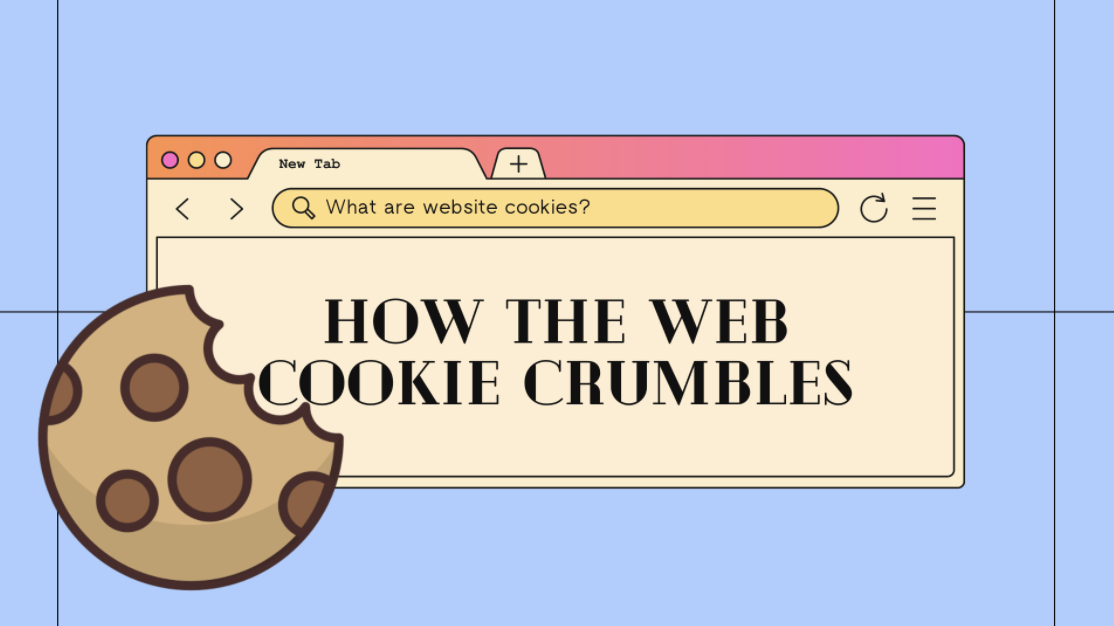Have you ever wondered how Instagram knew you were talking about that one shirt from Urban Outfitters and put an ad in your feed? Do you click “Accept all cookies” just to get that annoying pop-up out of the way?
While the media is highlighting internet privacy issues, like on Netflix’s “The Social Dilemma,” they don’t address what tools are available for websites to legally breach users’ information nor how users can protect themselves. Most importantly, they don’t discuss the benefits of these same tools.
One of these tools is a cookie. Website cookies are one of the most popular data mining tools that allow various sites to track users’ activity while surfing the web.
After collecting some survey results from a small group of 42 UT students, we found that 14.3% of those students hadn’t even heard of website cookies, 64.3% had heard of the term but didn’t know what they were, and only a measly 21.4% knew what they were.
So, What are Web Cookies?
Web cookies are pieces of data that were initially created to help websites become commercial enterprises. In other words, cookies allow users and websites to exchange information in small text files to customize users’ experiences. Web sites cannot store information, making their functionality limited. This means that your login information is not stored within the website itself, it’s stored in website cookies. They allow for convenient experiences, like remembering language, login and display preferences. In short, cookies are the bridge between personalization and functionality.
What are Some Concerns About Web Cookies?
Privacy issues and targeted advertisements are most users’ concerns. Cookies can be used to watch the pages people browse between sites. When one site is used, the cookie embedded in that site tracks activity when users move to another. An accumulation of user information gives sites a scarily accurate picture of who their audience is and tailors ads to their interests. This concerns many people because, “If you’re not paying for the product, you are the product,” as discussed in Netflix’s “The Social Dilemma.” Currently, there are no cookie laws in the U.S., but internet users in the UK have spurred their government to enforce transparency between users and websites.
What has the UK Done About Web Cookies?
The “Cookie Law”, which is composed of four different privacy and communication laws, forces website owners to explain to users what cookies are being set and what they do. It also requires the site to gain consent to store cookies on the user’s device. These individual laws are nothing new and have been in place as early as 2002 and as late as 2018. They protect against non consensual data harvesting by third parties, unsolicited marketing tactics and personal profiling.
How do I Protect Myself?
Website cookies themselves are not malicious. However, the intentions behind the people controlling and collecting cookies may not be in users’ best interests. To protect yourself from giving any more information, look for an “adjust cookie preferences” option the next time you visit a website and adjust what cookies you are comfortable with. Beware that some sites may have cookies that are required as they help the functionality of the website, but you should feel free to reject all others. If you are concerned about the data that has already been collected, you can clear the browsing data through your phone or browser settings. Be careful to specify if you want to only clear cookie data as you may accidentally clear your browsing history. You can also block cookies in your browser’s general settings, but as mentioned before, most cookies are there to improve your browsing experience.
Remember that cookies are not bad, they are just small files with bits of information, and you can control what you want to share and with who. You can now go out into the web with a new understanding of how data is collected, what risks and benefits are implicated and share this information with family members who think Facebook is listening to their conversations through their phones.
































